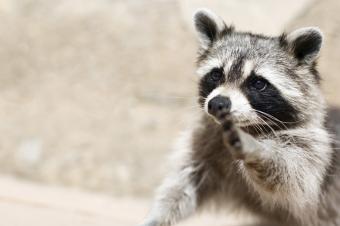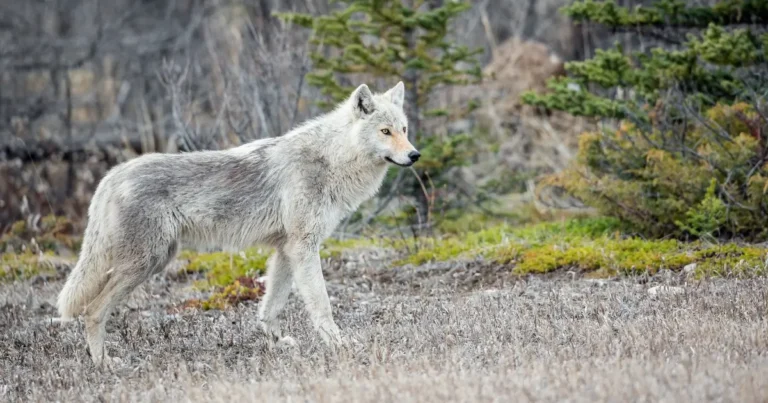
In a recent article penned by the Associated Press and shared across numerous media outlets in Canada, a Boston-area business woman is making a go of the roadkill-to-fashion concept.
“All this fur is being thrown away,” business owner Pamela Paquin said. “If we can pick that up, we never have to kill another fur-bearing animal again.”
Paquin’s intentions may be good – wanting to find alternatives to trapping and industrial fur farming is certainly a noble cause. But it does illustrate that the problem isn’t just how the animal is killed.
Fur is unnecessary for warmth or function: technical synthetics and even layered organics have shown time after time to be just as effective (and at times, more effective) in keeping people warm in extreme temperatures.
Wearing fur propagates wearing fur: we’re pretty simple minded creatures when it comes to aesthetics, and if we like how someone looks (or desire to feel the way that person feels), we’ll imitate them.
The argument is the same as the one used by trappers: it’s true – trappers say that selling the fur of animals they kill because they’re “nuisances” or their population “needs to be controlled” and not selling the fur would otherwise be wasteful.
Supply and demand: the very reason industrialized fur farms exist today is because, at one time, the trapping subset of the fur industry couldn’t keep up with the demands of fashion. Fur farms were created to mass produce furs (the skins of sentient animals, who were once very much alive) of a certain style or quality at a lower cost. The business model of “ethical fur” by roadkill is unsustainable, unless…
How far will they go: there is already solid evidence of drivers intentionally killing animals on the road. What would happen if some drivers knew they could make a few bucks for turning in the corpse of a road-killed animal? What happens if the roadkill fur business really does take off, and more fur of a certain style or size is needed to complete order obligations?
While there may be a business case for “ethical fur,” there is clearly no ethical case. It’s time to #MakeFurHistory.
Work like our growing #MakeFurHistory campaign is only possible with the support of monthly donors. Please consider become a monthly donor – for as little as $5 a month – and help us create a Canada where we can proudly say we were part of the change to #MakeFurHistory.

